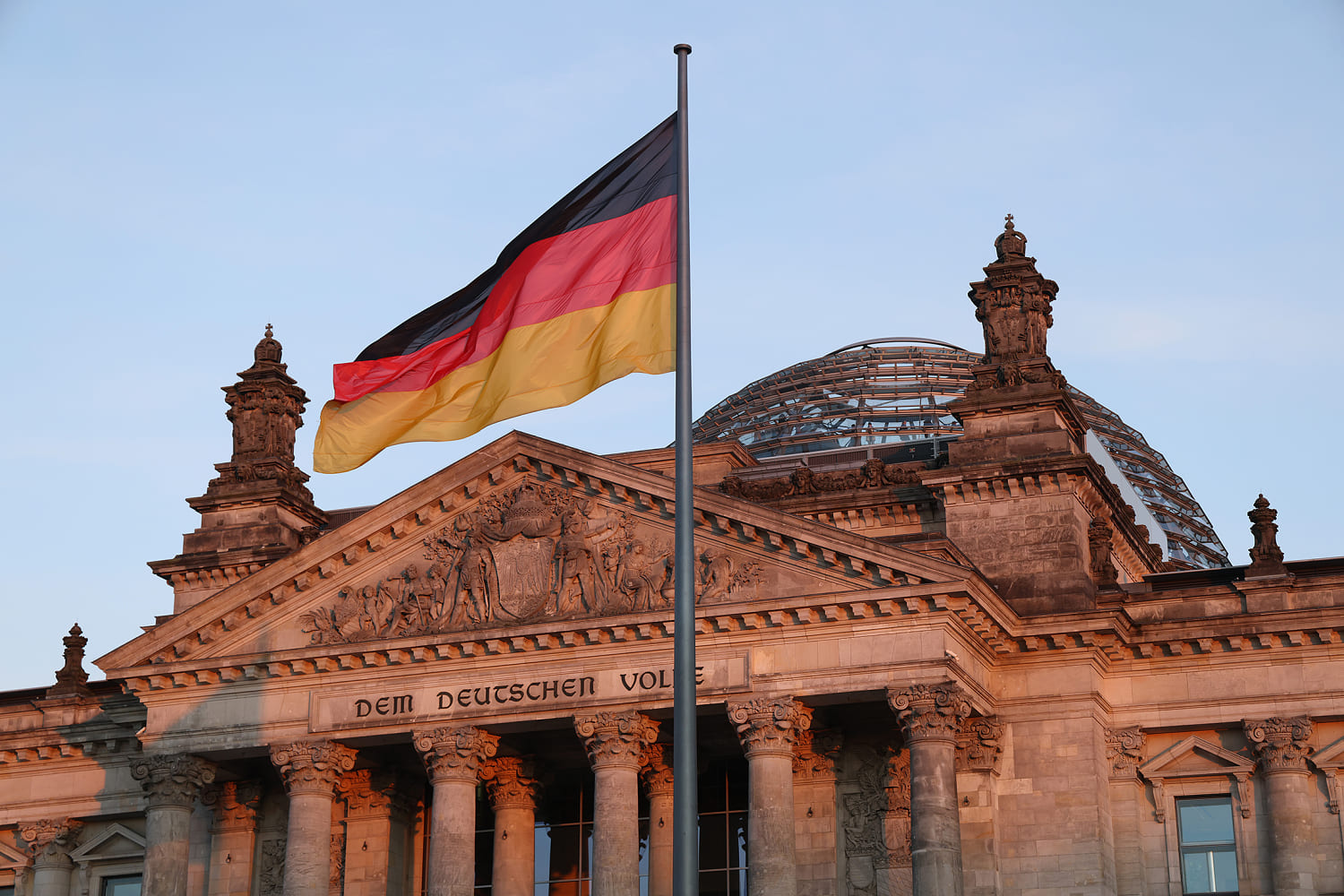Germany goes to the polls in tense election as far right surges

BERLIN — Polls are open across Germany as the world’s third largest economy chooses a new leader to guide it through an era of febrile immigration debates and souring relations with Washington.
The vote is unusually dramatic for Europe’s most populous country, a place that normally prides itself in having routine, unfussy ballots. That’s been upended this time by a series of high profile attacks by people with migrant backgrounds, creating an atmosphere of tension on which the far-right Alternative for Germany party is seeking to capitalize.
The pot has further been stirred by the Trump administration’s voluble support for the AfD, shocking for many of the party’s opponents in a country still deeply wary of its Nazi past.
Led by Alice Weidel, the AfD is polling at 21%, which if reflected in the final result would mark the best result in its brief 12-year history, and probably putting it in second place nationally. Despite its projected success, the other parties have vowed not to enter a post-vote coalition with the AfD, honoring the informal “firewall” that aims to prevent the return of fascism.
Leading the polls is Friedrich Merz of the Christian Democratic Union, the party once led by Angela Merkel. The CDU is polling at around 30%, with the incumbent Social Democratic Party, or SPD, led by Olaf Scholz, languishing in third place on around 15%. The Greens are next on 12%.
Smaller parties such as the socialist Die Linke, pro-business Free Democrats and left-wing populist Sahra Wagenknecht Alliance will hope to achieve the 5% threshold needed to enter the Bundestag.
As well as migration, the other driving factor behind this election is the economy. Though once seen as Europe’s industrial powerhouse, Germany’s economy has stagnated and now teeters on the brink of recession. To revive it, the CDU and AfD want to cut taxes and public spending, while the SPD and Greens would rather deploy investment subsidies and tax rises for high earners.
The other major schism is Ukraine, with most parties backing the continued support of the country fighting against Russia, but the AfD favoring withdrawing this backing and improving ties with Russia. They are just one of several far-right parties gaining support in Europe that wants a closer relationship with the Kremlin.
Germany has a semi-proportional voting system, making it difficult for any one party to win outright. Instead, they must work together to form coalition governments, usually led by the largest party. These can take weeks and even months.
So even though the polls close at 6 p.m. local time (noon ET), at which point an exit poll should give an accurate idea of the result, what that means in practice will likely take far longer to emerge.





